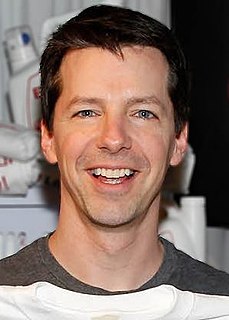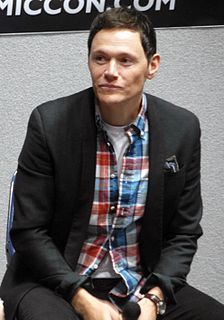A Quote by Hafthor Bjornsson
As an actor, you have to be able to put yourself into the character since your job is literally making the character and the situation he is in believable.
Related Quotes
The "magic if" is a tool invented by Stanislavski, the father of acting craft, is to help an actor make appropriate choices. Essentially, the "magic if" refers to the answer to the question, "What would I do if I were this character in this situation?" Note that the question is not "What would I do if I were in this situation?" What you would do may be very different from what the character would do. Your job, based on your analysis of the script, the scene, and the given circumstances regarding the who of your character, is to decide what he or she would do.
One of my jobs as an actor, regardless of who I play - even if I'm playing a despicable character - is to make people think that that character could exist, that he's real, and the way to do that is to make him believable. He doesn't have to be likable or charming, but he just has to be believable. That is someone who I could see on a bus. That is someone who I could walk past in the street.
Well, you put a little piece of yourself into every character that you do. Even if you're playing some psychotic person, which of course I'm not, some part of you is in that character and it's hopefully believable. I always come back to the fact that my own instinct is better than something I build in my mind.
As an actor playing a character, you look for all of those avenues to see if there's any sense of vulnerability or love that you can bring to a character, and decide how that's portrayed and how that's going to be a struggle with the other characters. It's your job to take that on and challenge yourself, and meet that head on and see what happens with it.
Sometimes perception is almost more important than the skill level of an actor. And if you give too much away, you have nothing to take for yourself and put onscreen. If people feel like they know you too well, they won't be able to indentify with the character you're trying to portray. Or they'll feel that you're just playing yourself, and then you just become a personality actor. And that's the death of any actor.






































